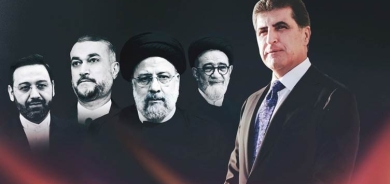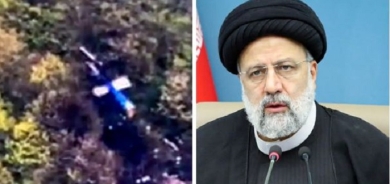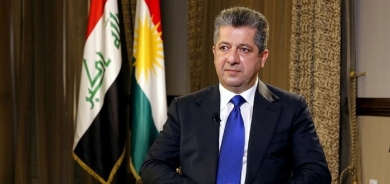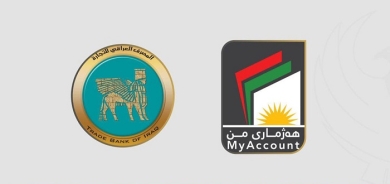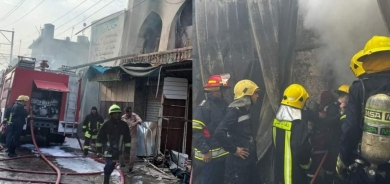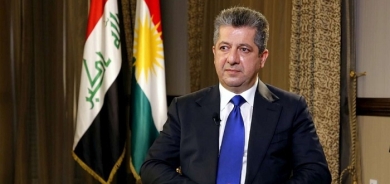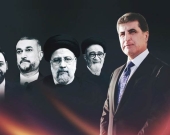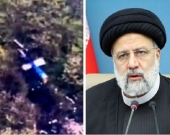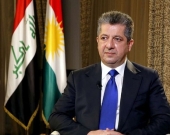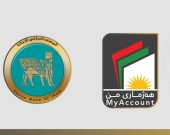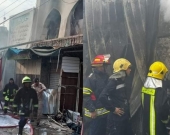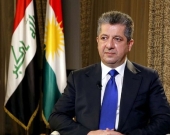Facebook: Changing politics in Kurdistan
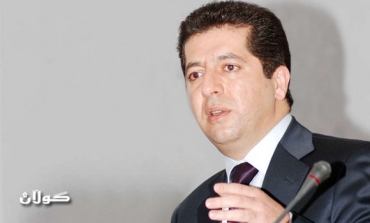
Not long ago, people in Kurdistan Region criticized political leaders for being inaccessible. This, at times, caused considerable frustration. However, the gap has been somewhat narrowed by leaders who have started Facebook pages where they can deliver their messages and get feedback from the readers.
New media, social media networks, and especially Facebook, play a key role in disseminating news in Kurdistan, and throughout the world. It is a way to keep the international audience up to date.
On Dec. 2, following a Kurdish mullah's sermon, groups stormed a liquor store, a massage parlor and several hotels in the city of Zakho, approximately 200 miles north of Erbil.
Following these incidents, angry mobs attacked Kurdistan Islamic Union (KIU) headquarters and its media agencies, radio and television stations in what appeared to be a response to the earlier attacks on shops and hotels, according to reports.
Public disturbances spread to the neighboring town of Simel and Duhok province. There, KIU offices were ransacked and several tourist businesses were burned following the Zakho unrest.
Soon after the incidents, the political leadership of KIU accused the predominant ruling party, KDP (Kurdistan Democratic Party's) followers.
Kurdistan President Massoud Barzani wrote on his Facebook page they were "unfortunate incidents" and "unjust acts" in Zakho. "It had been pre-planned," his statement read.
"People of Kurdistan deserve to live in peaceful, free and secure conditions. God willing, we won't allow the situation deteriorate further," Barzani wrote.
Many people posted to their Facebook pages, speculating on the causes and results of the attacks. Among them, political leaders posted messages asking for calm and asking followers not to allow the incidents to occur in other areas of the Region.
Supporters of KDP and KIU began posting on their Facebook pages, accusing those from the other camp of instigating angry rioters to set tourism businesses on fire. What attracted the most attention were the videos posted by KIU supporters on Facebook. The videos show angry rioters attacking tourism businesses and KIU's offices in Zakho.
Few days after the events, Masrour Barzani, an influential Kurdish politician, issued a press release.
"The beautiful mosaic of Kurdistan's ethnic communities should not have been distorted," Barzani wrote. "The changes that happened in the region have different results and have brought about both opportunities and perils, but the unchanging fact is that unity of Kurdistan's political, ethnic and religious parties can bring about a climate that can benefit the region and bring about a "Kurdistani Spring" for further achievement of Kurdish rights in the region.."
Salahaddin Muhammad Bahaddin, the general secretary of KIU, published a statement on his Facebook page: "KIU has never been against the high interests of Kurdistan nor any Kurdish political party."
Another KDP top politician, Nechirvan Barzani, former Kurdistan prime minister, also published his views through Facebook. He focused on "peaceful coexistence and protecting national achievements, which all political parties in Kurdistan are responsible for."
"It is not acceptable that variety of religions, political perspectives, social and cultural differences become a cause to do violent actions," his statement read.
Nabil Penjweny, a KIU supporter, commented on Bahaddin's statement on Facebook: "I suggest KIU should leave their burned offices in Badinan and let them remain as evidence for the future generations."
Aryan Balakayati, a Facebook fan of Masrour Barzani, commented on his statement and wrote, "We won't know who was behind the Zakho riots and no one should accuse others without facts." He asked Barzani to find a solution.
"There should be an independent council to investigate the incidents and political parties, interference should not be accepted," Penjweny's comment read.
The Kurdish Globe

